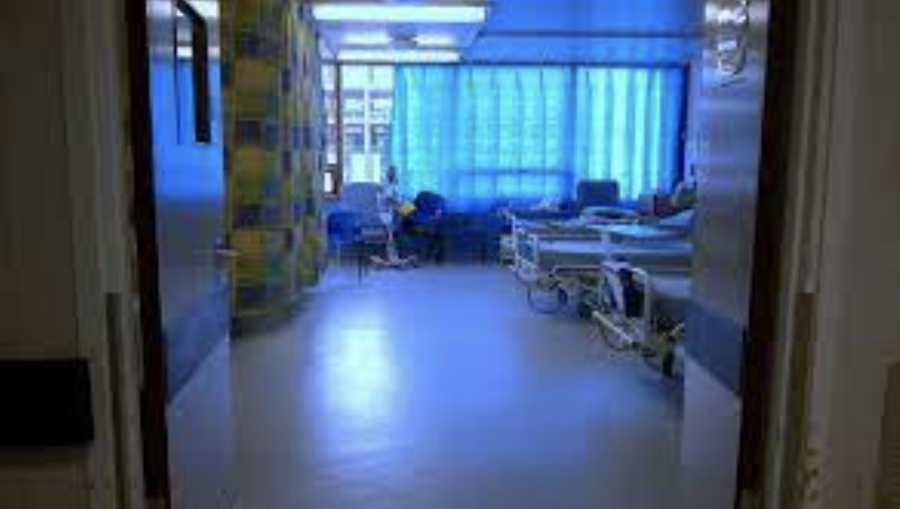Medical Error or Reckless Homicide?
Former nurse charged with homicide following fatal error.
Image of the ICU.
September 22, 2022
In rural Tennessee, RaDonda Vaught lives a very simple life on her farm. However, she lives with guilt of knowing the death of her patient could have been prevented.
Vaught is a former nurse. However, in an interview with ABC News, she describes herself as a “scapegoat,” and having the constant feeling of guilt from the fatal medical error she made in 2017 at Vanderbilt Medical Center.
Despite her mistake, Vaught explains that being a nurse has the purpose of caring for people, and for that she always tried to do her best.
In 2017 at Vanderbilt Medical Center, around Christmas time, an elderly woman named Charlene Murphey was admitted into the Neurological Intensive Care Unit (Neuro-ICU) for a brain injury.
Murphey was treated, and soon before she was released from the hospital, she had to undergo another brain scan.
As Murphey was nervous for this scan, she was supposed to be administered Versed, a benzodiazepine that is commonly used to relax patients prior to medical procedure.
Vaught was the nurse that was called in to administer Versed, however, she gave Murphey Vecuronium instead, which is a neuromuscular blocking agent, causing Murphy severe brain damage.
It wasn’t until after the brain scan – when Murphey was admitted back into the Neuro-ICU – when another nurse approached Vaught, showing her the vile, and asked Vaught if she had given Murphey Vecuronium.
It had become clear Murphey had been given the wrong medication. This fatal mistake led to the death of Charlene Murphey.
Vaught was later fired, her nursing license was revoked following investigations, and she was later charged by the National District Attorney for reckless homicide and abuse of an imperative adult in 2019.
The prosecution based its case on 18 agregience actions and inactions that killed Charlene Murphey.
During her shift, however, Vaught was escorting a trainee, and said “that responsibility can be distracting if [she] allowed herself to split [her] focus” in an ABC News interview.
Beyond this, Vaughts’ attorneys have argued that it is a ‘systematic error’ within the pharmacy that allows nurses to override safeguards on certain medications, specifically those with warning labels.
Experts have noted that a criminal case following an accidental death of a patient is extremely rare, especially if only the nurse is to blame.
From Dec. 26, 2017 to March 25, 2022, the case of Charlene Murphey had been heavily investigated, leaving Vaught with a guilty verdict of “criminally negligent homicide and abuse of an impaired adult” according to The Tennessean, and she will face three years of intrusive probation.
During Vaught’s trial, hundreds of healthcare workers stood outside of the courthouse in support of Vaught, protesting against Vaught’s verdict, and demanding her conviction be overturned.
Many holding posters stating “I stand with RaDonda Vaught” and giving speeches noting that nurses can go “from health care heroes to sacrificial lambs.”
The main point protesting nurses are making is this: when hospitals treat healthcare as a business, it sacrifices the safety of patients by making nurses work extreme hours, assigning them an unreasonable amount of patients, and giving them responsibilities – such as training new nurses – they did not ask for.
Vaught’s case opened up new conversations. Can RaDonda Vaught be solely responsible for the death of Charlene Murphey? More importantly, what is the future of healthcare across America?



